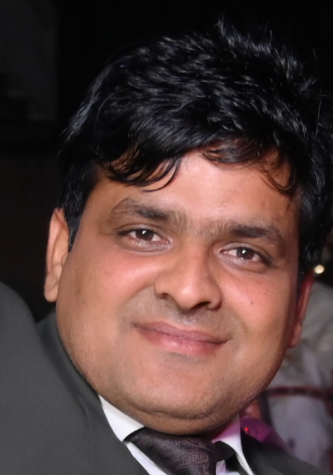
With the release of a new open-source generative AI model, the UAE is creating quite a stir. With this move, a government-funded research institute is drawing attention and establishing the UAE as a serious contender in the global AI race.
The Falcon 2 series was launched by the Technology Innovation Institute (TII) in Abu Dhabi. Falcon 2 11B, a text-based model, and Falcon 2 11B VLM, a vision-to-language model that can produce written descriptions from photos, are part of this series, according to Reuters. The Advanced Technology Research Council of Abu Dhabi oversees TII.
The United Arab Emirates (UAE), a significant oil exporter and regional power, is making significant investments in AI. U.S. authorities are interested in this tactic, which has caused friction over whether to employ Chinese or American technology. The Emirati AI company G42 secured a US$1.5 billion investment from Microsoft by replacing its Chinese gear and withdrawing from Chinese investors in a move coordinated with Washington.
The UAE is establishing itself as a significant participant in AI, according to Faisal Al Bannai, Secretary General of the Advanced Technology Research Council and advisor on strategic research and advanced technology. The Falcon 2 series’ debut is a part of a larger competition between governments and businesses to create exclusive major language models. While others choose to keep their AI programming confidential, the UAE is making its ground-breaking work publicly available, much like Meta’s Llama.
Al Bannai says he is optimistic about the UAE’s capacity to compete internationally and is also looking forward to the Falcon 3 generation: “We’re very proud that we can still punch way above our weight, really compete with the best players globally.”
Thinking back to his earlier remarks this year, Al Bannai emphasized that the UAE’s capacity to make quick strategic judgments is what gives it a decisive advantage.
It is noteworthy that the ruling family of Abu Dhabi owns stakes in some of the biggest sovereign wealth funds in the world, with an estimated value of US$1.5 trillion. Originally intended to diversify the UAE’s oil wealth, these funds are now essential for driving the development of AI and other cutting-edge technology. Actually, the United Arab Emirates is becoming a major player in the production of cutting-edge computer chips needed for building potent AI systems. Sam Altman, CEO of OpenAI, reportedly met with investors, including Sheik Tahnoun bin Zayed Al Nahyan, the head of Abu Dhabi’s largest sovereign wealth fund, to discuss a possible US$7 trillion investment to create an AI chipmaker that would rival Nvidia, according to the Wall Street Journal.
The UAE’s dedication to generative AI is further demonstrated by the publication of a “Generative AI” guide, which was just released. This manual seeks to unleash AI’s potential across a range of industries, such as media, healthcare, and education. It gives a thorough introduction to generative AI, addressing the benefits and problems of digital technologies while putting a focus on data protection. With its demonstration of 100 real-world AI use cases, the handbook aims to help the community and government agencies make the most of AI technologies. It is intended for tech enthusiasts, students, job seekers, and entrepreneurs.
This proactive approach establishes the UAE as a country to watch in the quickly changing IT sector by demonstrating its dedication to leading and competing in the global AI race.







